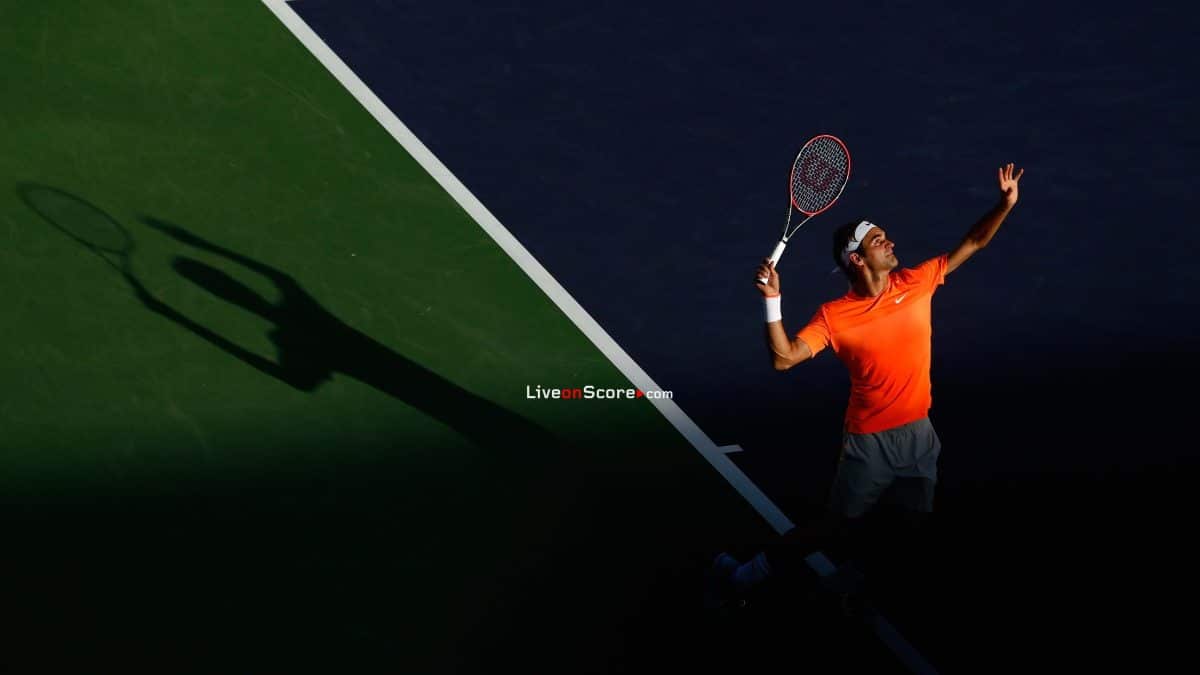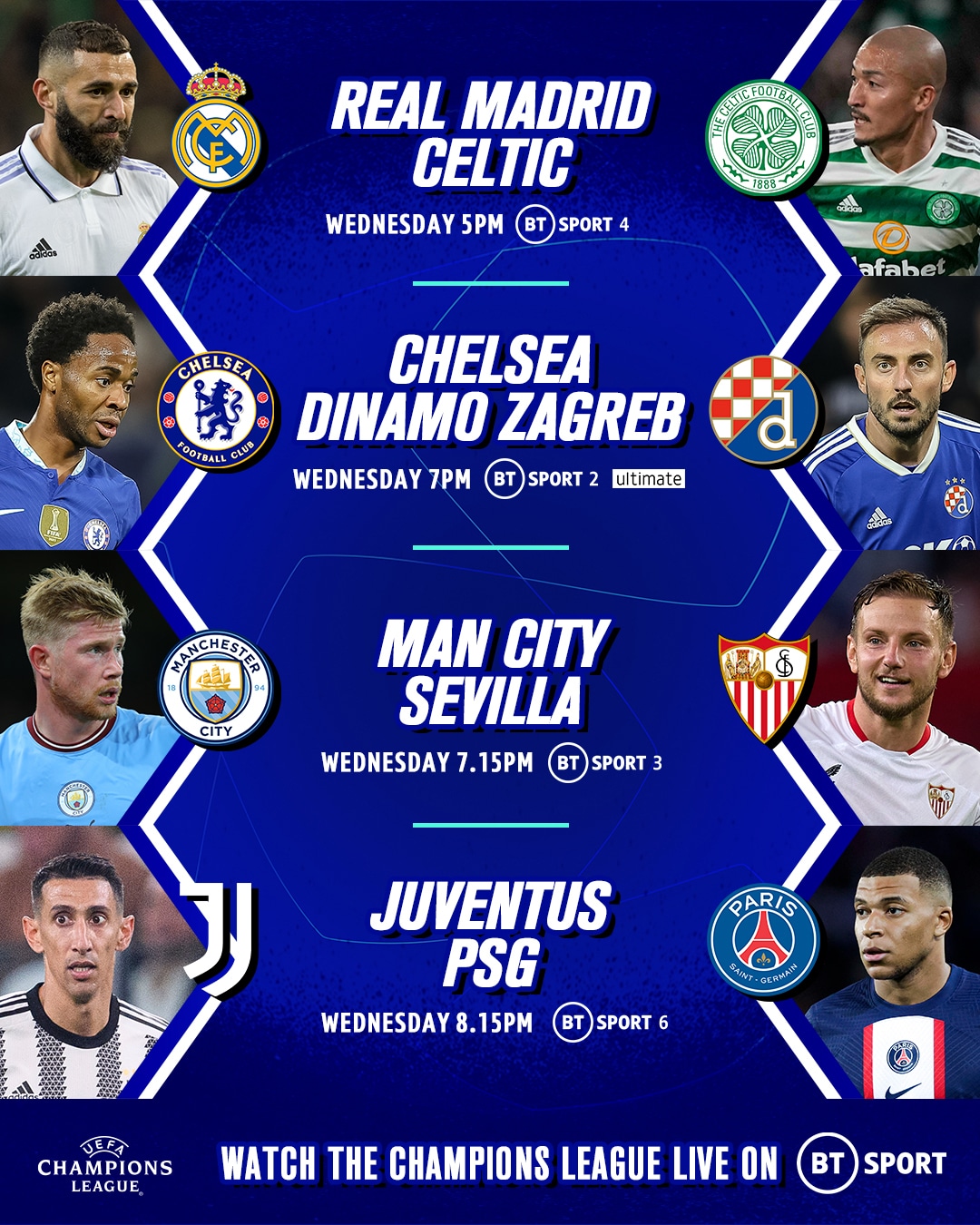From his serve to his decency to his consistency—among other admirable attributes—it’s hard to say goodbye to someone who was good in so many ways.
Sports Livestream ⚽ JOIN NOW for FREE
Instant access to the BT Sport, Sky Sports and Eurosport
Many years ago, I stumbled upon an interesting word to describe what Roger Federer brings to tennis, and I never came across a better one. The word is Italian: sprezzatura. It is the art of accomplishing something, especially something difficult, while hiding the effort that went into it behind a facade of nonchalance or ease.
This is a rare gift, especially in a world-class athlete in a one-on-one sport, and I think it explains why Federer had millions of people at “hello.” It also makes it easier to understand why the “Fedal” proxy wars, between fans of Federer and those of Rafael Nadal, were as bitterly fought as some of the rivalry’s matches. Some simply were more attracted to Nadal’s “anti-sprezzatura.”
I will miss Roger Federer’s grace and elegance after having reported on him through his entire career, but there are lots of other things I will miss as well. Here are some of them.
I will miss Roger Federer’s serve. . . because it is definitive, like Ted Williams’ baseball swing, or Ray Allen’s jump shot. It begins in an almost woeful way, with Federer slumped over from the waist, as if fatigued. His feet are parallel with the baseline, the left leg extended so far forward that it appears bowed, toes pointed forward in a way that seems balletic. But what comes next is anything but ballet.
Scissoring his arms, Federer bends deeply at the knees, extends his left arm gently and fully in the toss, and explodes upward. By the time he’s hit the ball, his feet are a good 10 or 12 inches off the ground.
Federer didn’t have the fastest serve—he’s tied at No. 54 with six others, with a career-best 142.9 m.p.h.—nor the one with the most lively movement. But that elegant, reliable action leaves him No. 3 on the all-time ace list, and his 56.8% rate for winning second-serve points trails only Nadal.
I will miss Roger Federer’s decency. . . because that virtue is not often promoted in a me-first world (Louisa Thomas of The New Yorker called it Federer’s “sunny decency”). Elite players sometimes revel in entitlement, turn friends into minions and sycophants, take all the pampering and fawning in their Disney-esque environment as endorsements of who they are, rather than of what they do and how many tickets they can sell.
I never heard of Federer ducking an obligation, blowing off an appointment, or acting superior or dismissive except in the heat and stress of competition. The critical and even inane questions lobbed at players by reporters often triggers an acid response, but I can’t recall Federer going off on anyone because of their ignorance, or insensitivity. He treats people with dignity and professionalism, even if they may not always deserve it.
I will miss Roger Federer’s consistency. . . because, while his record of reaching 23 consecutive Grand Slam semifinals may sound like a consolation prize in the great GOAT derby, it’s a mark unlikely ever to be equaled. His 103 singles titles is not tops (Jimmy Connors bagged 109), but nobody else has broken the century mark yet.
“This is maybe an appropriate time to say this again,” Federer said at the Laver Cup, when asked what he was most proud about in his career. “[It’s] the longevity for me. I was famous for being quite erratic at the beginning of my career. . . And then to become one of the most consistent players ever is quite a shock to me, as well.”
I will miss Roger Federer’s angry outbursts. . . because they were few and far between, which makes them that much more memorable. They proved that Federer is not a human smiley-face icon blessed with genius, but subject to the same emotions, moods, and anxieties as anyone other athlete. Federer managed to win the battle within as predictably as he prevailed in the exterior one with opponents.
My favorite lapse of Federer’s cool was way back in 2008 in Monte Carlo where, following a close call that (correctly) went his way at the baseline, he turned to Novak Djokovic’s voluble parents and barked, “Be quiet, okay?” Then Federer walked up to the baseline and angrily kicked at the mark, raising clay dust.
Federer overcame an early-career zeal for splintering racquets, but he discreetly sparred with chair umpires on a number of occasions, He muttered and cursed, often while sitting, staring straight ahead, on a changeover. He once told an official, as part of running commentary, “Don’t tell me to be quiet. When I wanna talk, I talk, alright?”
My favorite quote overheard in the heat of battle: During a match plagued by bad calls and overrules, Federer chuntered: “We need a clown for this circus.”





